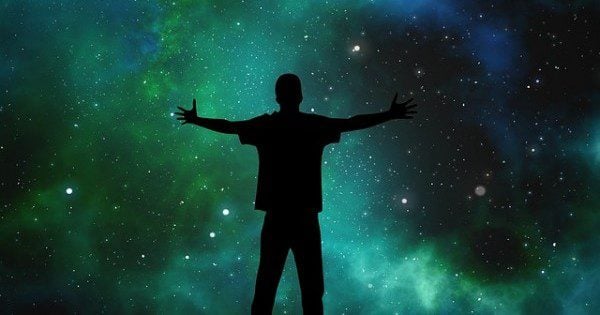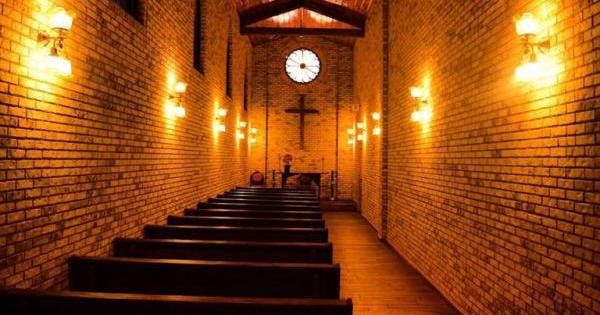Does the current state of science tell us anything about the possibility–or impossibility–of the resurrection?

Physicists and cosmologists have all sorts of predictions about the future of the universe. It will all end with a Big Freeze, or a Big Crunch, or maybe they’ll simply be an “eternal universe” that goes on forever. Long before any of those hypotheses come to fruition, our own earth will likely reach its demise by collision with an asteroid–that is, if we humans don’t destroy it all first by our destructive impact on the planet.
Most Christians believe that the resurrection of Jesus was a physical or bodily resurrection, and that it preludes a future “general resurrection” of the dead. Furthermore, many Christians believe that the present earth–or cosmos even–will be renewed and perfected somehow. A “new heavens and new earth” will mean the end of death and suffering.
But how does that fit with the many doomsday scenarios of science (however far off in the future they are)? And perhaps more to the point: doesn’t science tell us that a bodily resurrection and a physical restoration of the cosmos are simply impossible?
I love it when theologians engage the sciences. I have no formal scientific background myself, but I’m amazed when thinkers cross disciplines and work with the materials from the sciences–particularly the “hard” sciences.
Robert John Russell takes on the question of the problem of resurrection and eschatology through the dual lenses of science and theology in the final chapter of Cosmology: From Alpha to Omega.
He points out that science is not a prescriptive enterprise, but a descriptive one. That is, science tells us how things happen as they happen, and it also tries to tell us how things have happened in the past–even the distant past. But if the purpose of science is limited by this descriptive task, then we shouldn’t assume that science alone determines what will or can happen in the future.
For those who believe that the resurrection of Jesus really took place (“objectively,” in some external, bodily form), then the first resurrection event (Paul’s “first-fruits”) opens a the possibility for a future resurrection–a general resurrection through which there will be both continuity or sameness, and discontinuity or difference. He goes back even further to suggest that in the very act of creation itself, God must have imbued the natural world with “conditions” or “characteristics” by which it can eventually be transformed into something new and different, but not altogether different (there will be some continuity, too).
But the key point here is that while science can describe the natural world in its present form through investigation of available natural evidences (limiting itself to “methodological naturalism”), it cannot rule out that creation might be very different at some point in the future. Perhaps, with a modified thermodynamics, there will be no destructive entropy–for example.
Openness to the possibility of a very different world seems logical for those who believe that God is the creator and the redeemer–and that God continues to be involved somehow with creation.
As Russel puts it,
…If God is free to act in radically new ways (which of course God is!) not only in human history but in the ongoing history of the universe, then the future of the cosmos will not be what science predicts. Instead the cosmic far future will be based on a radically new kind of divine action which began with the resurrection of Jesus, and this new act of God cannot be reduced to, or explained by, the current laws of nature, that is, by God’s action in the past history of the universe (307).
If these biblical promises of resurrection and new creation take place, the physics, cosmology, and biology (and etc.) will be dramatically updated. New science books will need to be written.










